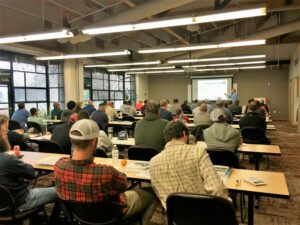
Fall 2025 (August-December) Pesticide Safety Schools
The fall 2025 Pesticide Safety Schools are available to those seeking initial licensing in one or more pesticide subcategories. To …


El inglés es el idioma de control de esta página. En la medida en que haya algún conflicto entre la traducción al inglés y la traducción, el inglés prevalece.
Al hacer clic en el enlace de traducción se activa un servicio de traducción gratuito para convertir la página al español. Al igual que con cualquier traducción por Internet, la conversión no es sensible al contexto y puede que no traduzca el texto en su significado original. NC State Extension no garantiza la exactitud del texto traducido. Por favor, tenga en cuenta que algunas aplicaciones y/o servicios pueden no funcionar como se espera cuando se traducen.
Inglês é o idioma de controle desta página. Na medida que haja algum conflito entre o texto original em Inglês e a tradução, o Inglês prevalece.
Ao clicar no link de tradução, um serviço gratuito de tradução será ativado para converter a página para o Português. Como em qualquer tradução pela internet, a conversão não é sensivel ao contexto e pode não ocorrer a tradução para o significado orginal. O serviço de Extensão da Carolina do Norte (NC State Extension) não garante a exatidão do texto traduzido. Por favor, observe que algumas funções ou serviços podem não funcionar como esperado após a tradução.
English is the controlling language of this page. To the extent there is any conflict between the English text and the translation, English controls.
Clicking on the translation link activates a free translation service to convert the page to Spanish. As with any Internet translation, the conversion is not context-sensitive and may not translate the text to its original meaning. NC State Extension does not guarantee the accuracy of the translated text. Please note that some applications and/or services may not function as expected when translated.
Collapse ▲
The fall 2025 Pesticide Safety Schools are available to those seeking initial licensing in one or more pesticide subcategories. To …
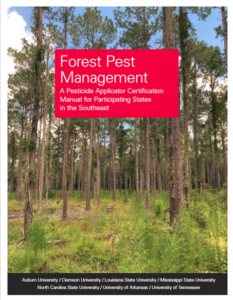
The Pesticide Safety Education Program at NC State University is offering an online exam preparation course for those seeking …
New Pesticide Applicator Certification and Training rules were enacted at the end of 2024. One that will catch many …
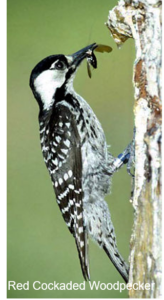
The U.S. Environmental Protection Agency shared the following news release Friday, October 11, 2024, introducing a toolbox of strategies …
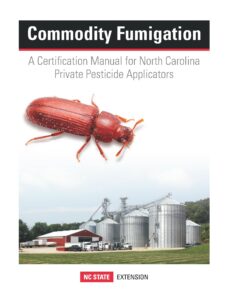
The North Carolina Department of Agriculture and Consumer Services (NCDA&CS) has created a new category for Private Applicator Commodity Fumigation …
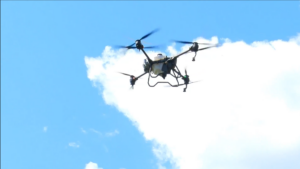
Interest in the use of unmanned aerial vehicles (UAVs), or drones as they are more commonly known, for pesticide …

To get a pesticide license there are a few steps to take, but it’s all pretty straightforward. Below is …

Click on the flowchart below to help you determine if you need a pesticide license or certificate. Also, there are …
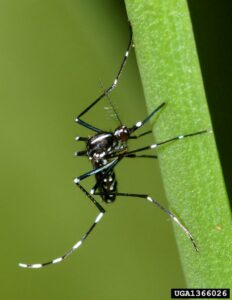
Pesticide license categories often have overlapping areas of applicability, resulting in confusion over exactly which license category is required …
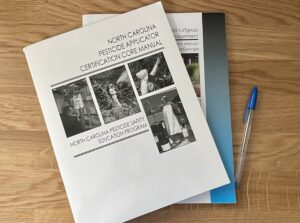
Pesticide Schools are hosted by the NC State Pesticide Safety Education Program with the help of the NC Extension …
The US Environmental Protection Agency requires that all individuals working with pesticides labeled for respiratory protection complete the following …
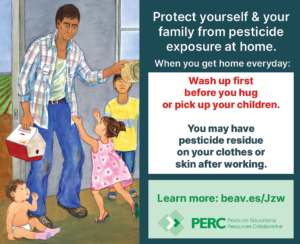
How can you encourage farmworkers and their families to use practices that minimize the risk of pesticide exposure? The …
Safe pesticide storage is essential, especially in disaster situations. Improperly stored pesticide products can pose significant threats to humans …

This factsheet summarizes the characteristics of bees and addresses how to control them as an …

This publication discusses Anthracnose Fruit Rot (Colletotrichum sp.) of blueberries in detail. Included are the …

This factsheet describes the symptoms of a shoot inhibitor herbicide injury.

This factsheet describes the symptoms of a metribuzin herbicide injury.

This factsheet describes the symptoms of a dichlobenil herbicide injury.
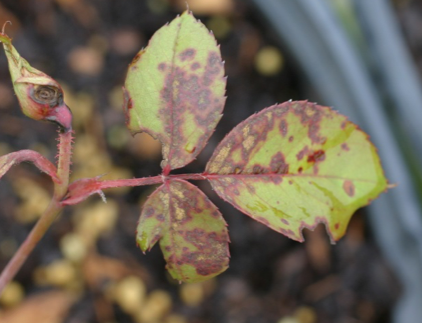
This factsheet describes the symptoms of a protoporphyrinogen oxidase inhibitor herbicide injury.
This factsheet summarizes the symptoms and management of stubby-root nematodes in soybean in North Carolina.
Lance nematode is not a common problem of soybeans, but can cause local damages in …